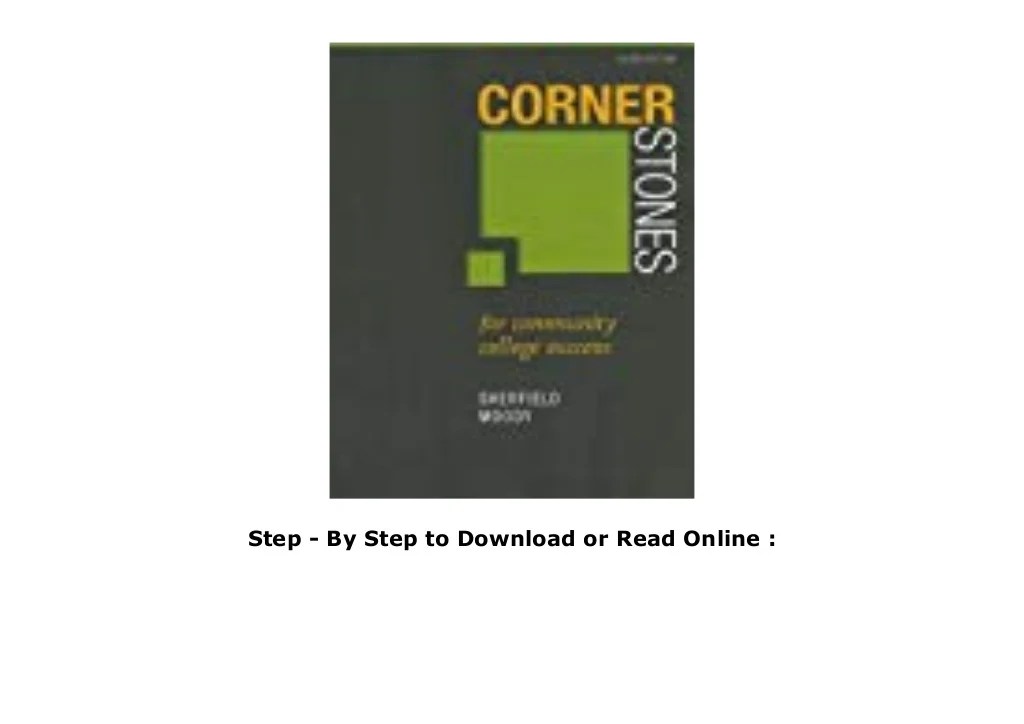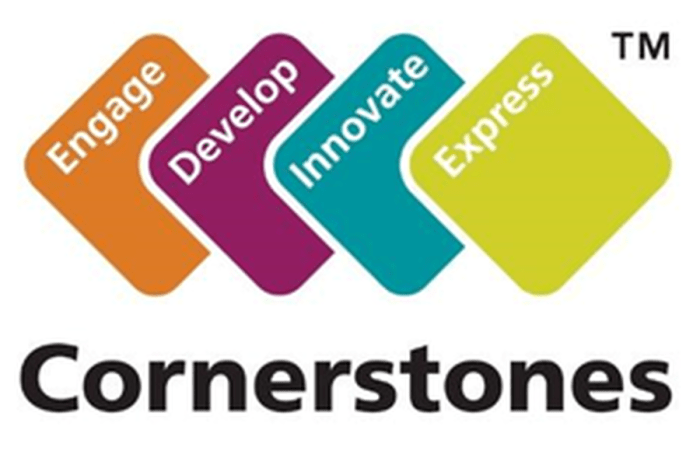Cornerstones for Community College Success Revised 3rd emerges as an indispensable guide, offering a comprehensive roadmap to academic and personal fulfillment within the dynamic landscape of community colleges. Through its insightful exploration of essential pillars, this revised edition empowers students with the knowledge, skills, and strategies to navigate the challenges and maximize the opportunities that lie ahead.
This revised edition delves into the intricacies of core academic skills, student engagement, college and career pathways, financial literacy, personal and social development, technology and digital literacy, advising and support services, diversity, equity, and inclusion, leadership and community engagement, and assessment and evaluation.
Each chapter unveils a wealth of practical guidance, case studies, and research-based insights, providing a holistic approach to student success.
Core Academic Skills and Knowledge

Community college students need a strong foundation in core academic skills and knowledge to succeed in their studies. These skills include reading comprehension, writing, mathematics, and critical thinking.
Effective study habits and time management strategies are also essential for success. Students should develop a regular study schedule, break down large assignments into smaller tasks, and use active learning techniques such as taking notes and reviewing material regularly.
Critical Thinking and Problem-Solving Abilities, Cornerstones for community college success revised 3rd
Critical thinking and problem-solving abilities are essential for success in college and beyond. Students should be able to analyze information, evaluate arguments, and solve problems independently.
These abilities can be developed through practice and experience. Students can engage in critical thinking exercises in the classroom and in their personal lives.
Student Engagement and Motivation: Cornerstones For Community College Success Revised 3rd

Student engagement and motivation are key factors in college success. Students who are engaged in their learning are more likely to persist and achieve their goals.
There are many strategies that can be used to foster student engagement and motivation, such as creating a positive learning environment, providing opportunities for active learning, and connecting students with their peers and the community.
Student Support Services and Resources
Student support services and resources can play a vital role in promoting student success. These services can provide students with academic, financial, and personal support.
Examples of student support services include academic advising, tutoring, counseling, and financial aid.
Innovative Teaching Methods
Innovative teaching methods can enhance student learning and engagement. These methods can include active learning techniques, such as group projects, simulations, and problem-based learning.
Technology can also be used to enhance teaching and learning. For example, online learning platforms can provide students with access to course materials and activities anytime, anywhere.
FAQ Explained
What are the key components of Cornerstones for Community College Success Revised 3rd?
Cornerstones for Community College Success Revised 3rd encompasses ten essential pillars: core academic skills, student engagement, college and career pathways, financial literacy, personal and social development, technology and digital literacy, advising and support services, diversity, equity, and inclusion, leadership and community engagement, and assessment and evaluation.
How does this revised edition differ from previous versions?
The revised edition incorporates the latest research and best practices in community college education, providing students with up-to-date guidance and strategies for success. It also includes new case studies and examples to illustrate the practical application of the principles Artikeld in the book.
Who is the intended audience for Cornerstones for Community College Success Revised 3rd?
This guide is primarily intended for community college students who seek to maximize their academic and personal potential. However, it can also serve as a valuable resource for faculty, administrators, and policymakers who are committed to supporting student success in community colleges.

